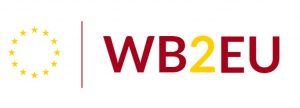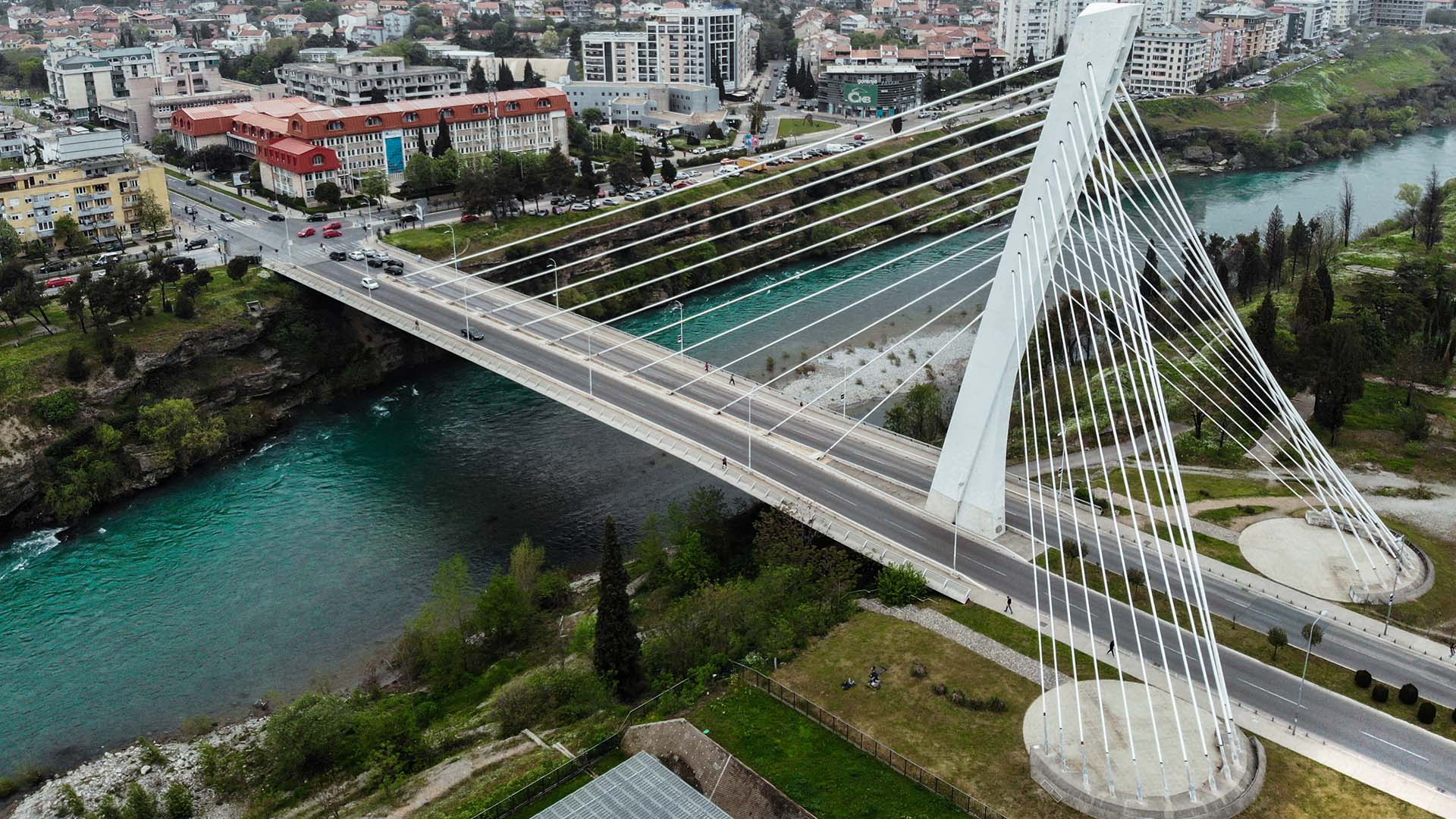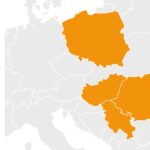Policy Recommendations
- The government should develop precise roadmaps in the EU accession talks and a clear framework for strengthening the rule of law. The measures should include better defined indicators and activities while insisting on more specific tasks on an annual basis within the interim benchmarks to facilitate both performance assessment and monitoring of progress. A new model of reporting based on a simplified form, which would include an overview of key challenges in meeting the benchmarks and thus strengthening the rule of law, would be advisable as well.
- The new parliamentary majority and all parties in the parliament should strive to remove political influence from the judiciary and find solutions that will enable the strengthening of institutions and ensuring their impartiality. As the EU insists on a broad consensus on these issues, and society is in a state of deep polarisation, a kind of mediation between the two blocs, the majority and the opposition, is needed. In this way, the selection of the best candidates in the judiciary, especially where envisaged membership of the academy (civil society), which will not be close to any party, and thus impartial law enforcement will be ensured and politicisation avoided.
- The government should fully open the reforms to the public to allow public scrutiny and impartial evaluation.
Abstract
Although it has been negotiating EU membership for more than nine years and thus carrying out certain activities to strengthen the rule of law under the umbrella of EU conditionality, Montenegro continues to struggle with pervasive corruption and politicised institutions. While it managed to overthrow the 30-year-old regime in August 2020, which was the main cause of the elements of the captured state that the European Commission recognised in its 2018 Strategy, it is unclear to what extent the new government is able to deal with burning issues. This is predominantly due to the composition of parties/coalitions that are now part of the parliamentary majority, which cannot reach the necessary consensus on important subjects to strengthen the rule of law. The main obstacle in this direction is the situation in the judiciary, which is still strongly influenced by the previous government, while the new majority does not have enough knowledge, experience and capacity to swiftly make the much-needed departure from undemocratic practices. An additional problem is growing nationalism and deep polarisation in society, so the two blocs, instead of getting closer for the benefit of citizens and rapid democratisation, are blocking further progress. Although it has adopted a new enlargement methodology, Montenegro is slowly adjusting its structure and directing available capacities towards its implementation.
The Policy Brief is published in the framework of the WB2EU project. The project aims at the establishment of a network of renowned think-tanks, do-tanks, universities, higher education institutes and policy centres from the Western Balkans, neighbouring countries and EU member states that will be most decisive for the enlargement process and Europeanisation of the region in the upcoming years. The WB2EU project is co-funded by the European Commission under its Erasmus+ Jean Monnet programme.







